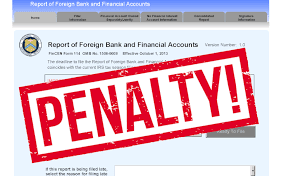On Febuary 11, 2022 we posted IRS CONTINUES to Criminally Prosecutes Employers For Failure To Pay Withheld Payroll Taxes - As Promised! which lists multiple recent cases where the IRS Criminally prosecutes Employers for Failure To Pay Withheld Payroll Taxes.
Now According To The DoJ, A N.Y. Man Plead Guilty To
Willful Failing To Collect And Pay Over Employment Taxes
on Behalf Of His Spa Companies.
According to court documents and statements made in court, Sung Soo Chon, 63, aka Steve Chon, was the CEO, president and majority owner of Spa Castle Queens in College Point, New York, and Spa Castle Texas, in Carrolton, Texas.
Chon oversaw daily operations at the two spas and related businesses, and directed subordinates to pay cash wages to some employees, many of whom were not legally permitted to work in the United States.
From the first quarter of 2014 through the first quarter of 2017, Chon did not withhold all of the legally required federal payroll taxes from the wages of some of the spa employees and filed false employment tax returns with the IRS.
More Than $1.3 Million In Cash Wages.
In Payroll Taxes Due To The IRS.
Chon is scheduled to be sentenced on Dec. 6. He faces a maximum penalty of five (5) years in prison, as well as a period of supervised release, restitution and monetary penalties. A federal district court judge will determine any sentence after considering the U.S. Sentencing Guidelines and other statutory factors.
Thinking of Borrowing From Your Company's
Payroll Tax Withholdings?


















